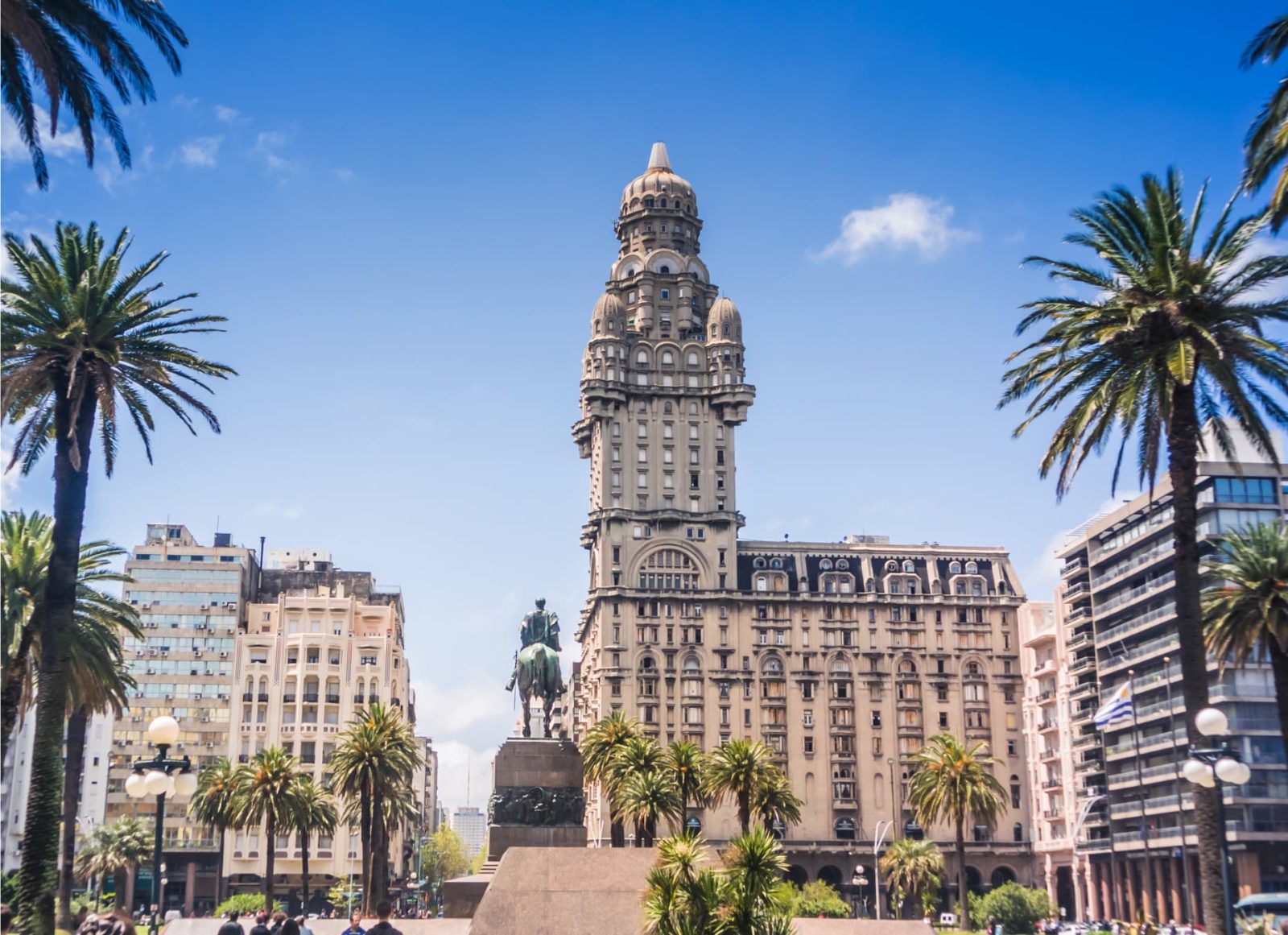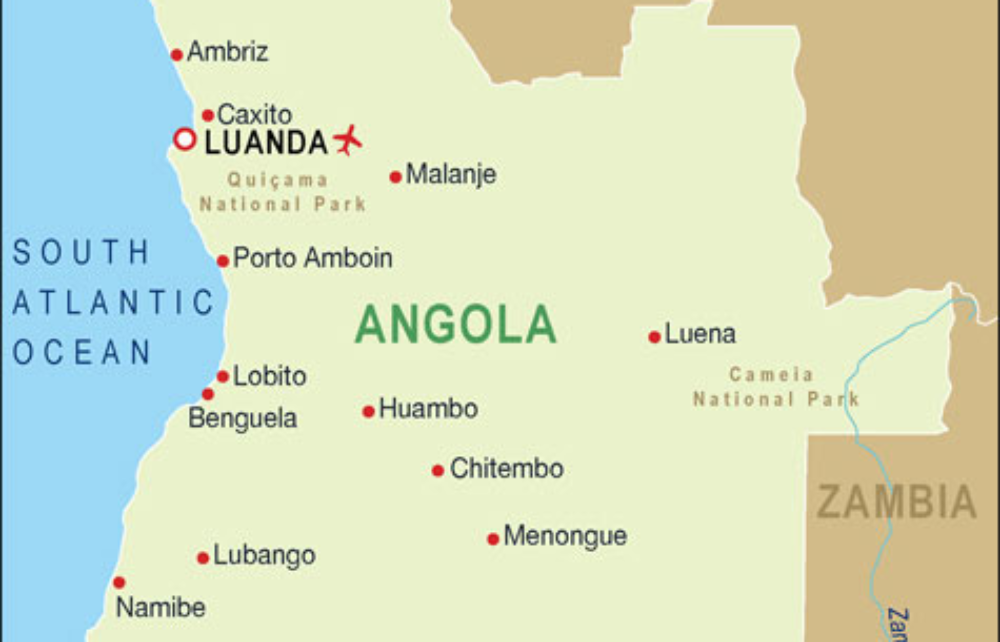
Uruguay’s main businesses
Uruguay is a small but economically vibrant country in South America with a stable business environment. Its economy is characterized by robust export sectors, innovative industries, and a focus on sustainability. Below is an overview of Uruguay’s main businesses:
1. Agriculture and Livestock
Agriculture is a cornerstone of Uruguay’s economy. The country is renowned for its high-quality beef and wool, which are major export products. With vast natural pastures and favorable climatic conditions, livestock farming thrives. Uruguay is one of the world’s leading exporters of grass-fed beef and sheep products. The production of grains such as rice, soybeans, and wheat is also significant, with rice exports being particularly prominent.
2. Forestry and Wood Products
Uruguay has developed a strong forestry industry, leveraging its fertile lands and favorable investment policies. The country is a major producer and exporter of pulp and paper. Companies like UPM and Montes del Plata operate large-scale pulp mills, contributing significantly to Uruguay’s GDP.
3. Renewable Energy
Uruguay is a global leader in renewable energy, with over 97% of its electricity generated from renewable sources, including wind, solar, and hydropower. This achievement has made the country a hub for clean energy investments and a model for sustainable energy development.
4. Information Technology and Software Development
The IT sector in Uruguay has experienced rapid growth in recent years. The country is recognized as a regional leader in software development, with companies such as GeneXus and Ironhide Game Studio gaining international prominence. Uruguay’s commitment to digital transformation has also made it an attractive destination for tech outsourcing.
5. Tourism
Tourism plays a vital role in Uruguay’s economy, attracting millions of visitors annually. Iconic destinations such as Punta del Este, Colonia del Sacramento, and Montevideo offer unique experiences ranging from luxurious beach resorts to historic landmarks. The wine industry, particularly Tannat wines, has also become a popular draw for tourists.
6. Finance and Banking
Uruguay has a stable and transparent financial system, making it a preferred destination for international investors. Montevideo serves as a financial hub for the region, offering banking, investment, and insurance services. The country’s strong legal framework and political stability have further bolstered its reputation in this sector.
7. Logistics and Trade
Due to its strategic location, Uruguay serves as a logistics hub for South America. The Port of Montevideo is one of the most efficient ports in the region, facilitating trade between Mercosur countries (Argentina, Brazil, Paraguay, and Uruguay) and international markets. Uruguay also operates free trade zones, attracting multinational companies.
8. Education and Professional Services
Uruguay has a highly educated workforce and is known for its quality education system. This has supported the growth of professional services, including consulting, legal services, and business process outsourcing. These industries cater to both domestic and international clients.
9. Dairy Industry
Uruguay is a significant player in the global dairy market, exporting products like milk, cheese, and powdered milk. Cooperatives such as Conaprole are leaders in this industry, ensuring the sector’s competitiveness and sustainability.
10. Pharmaceuticals and Biotechnology
Uruguay has a growing pharmaceutical and biotechnology sector. The country produces medicines, vaccines, and other health-related products, catering to local and international markets.
Conclusion
Uruguay’s main businesses reflect its focus on sustainability, innovation, and global trade. With a stable political environment, transparent policies, and a skilled workforce, Uruguay continues to attract investments and maintain its position as a dynamic economic player in South America.



Leave a Reply